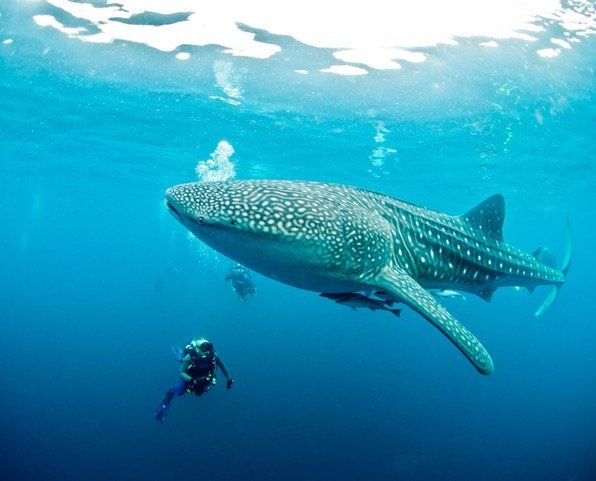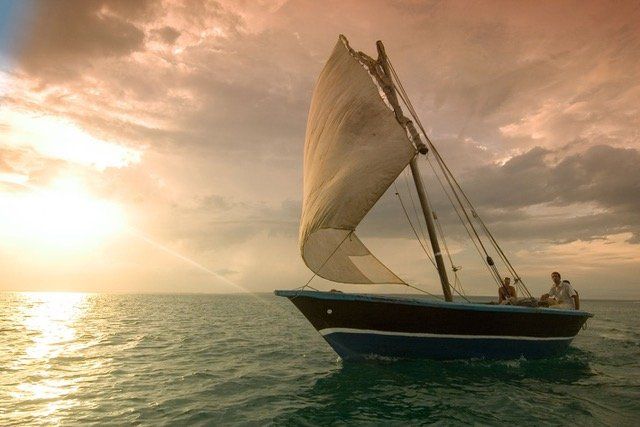Spring (September - November) and Autumn (March - May): Spring is our favourite time to go to Mozambique. It still falls in the dry season, you can look forward to lovely temperatures of about 30ºC / 86º F during daytime and the evenings are pleasantly balmy. This is also the best season to see the migratory whales. At the Travel Cafe our favourite time to visit Mozambique is in late October or beginning of November, before the arrival of the rains. If you cannot travel before end of November, we recommend heading to the Bazaruto Archipelago in the South as the rains generally start earlier in the north of the country.
Autumn has similar lovely temperatures as spring, with March being a transition month that can still attract some rains, but April and May are perfect months. The water temperature is comfortable and will allow for long leisurely swims.
Winter (June - September): Winter is a lovely season to visit Mozambique. It is the heart of the dry season, with bright sunny days, no winds and rains, and therefore perfect conditions for diving, fishing or simply relaxing on the beach. It is also during winter that you have chance of spotting migratory whales, which further add to the season’s appeal. Dyatime temperatures are around 25ºC / 75º F and humidity much lower than during summer, however evenings can be a bit cold. Water temperature can drop to 20ºC / 68º F, but most lodges supply wetsuits for winter swimming at no additional cost.
Summer (December - February): Mozambique has a general subtropical climate, and it is during the summer months that it receives most of its tropical rains. As such, summer is our least favourite time to go to Mozambique, as this is the rainy season and there is a possibility of tropical storms. The rain mostly falls as brief but vigorous afternoon showers, however long torrential rains are not unheard of. The high air humidity is also a factor, especially as it creates perfect breeding grounds for mosquitoes. High humidity also means already hot temperatures can become unpleasant for some. The strong winds during February can also have a detrimental effect on diving by creating large swell, which limit underwater visibility. During the summer months daytime temperatures are warm to very hot, with an average of around 32ºC / 89º F during daytime.














